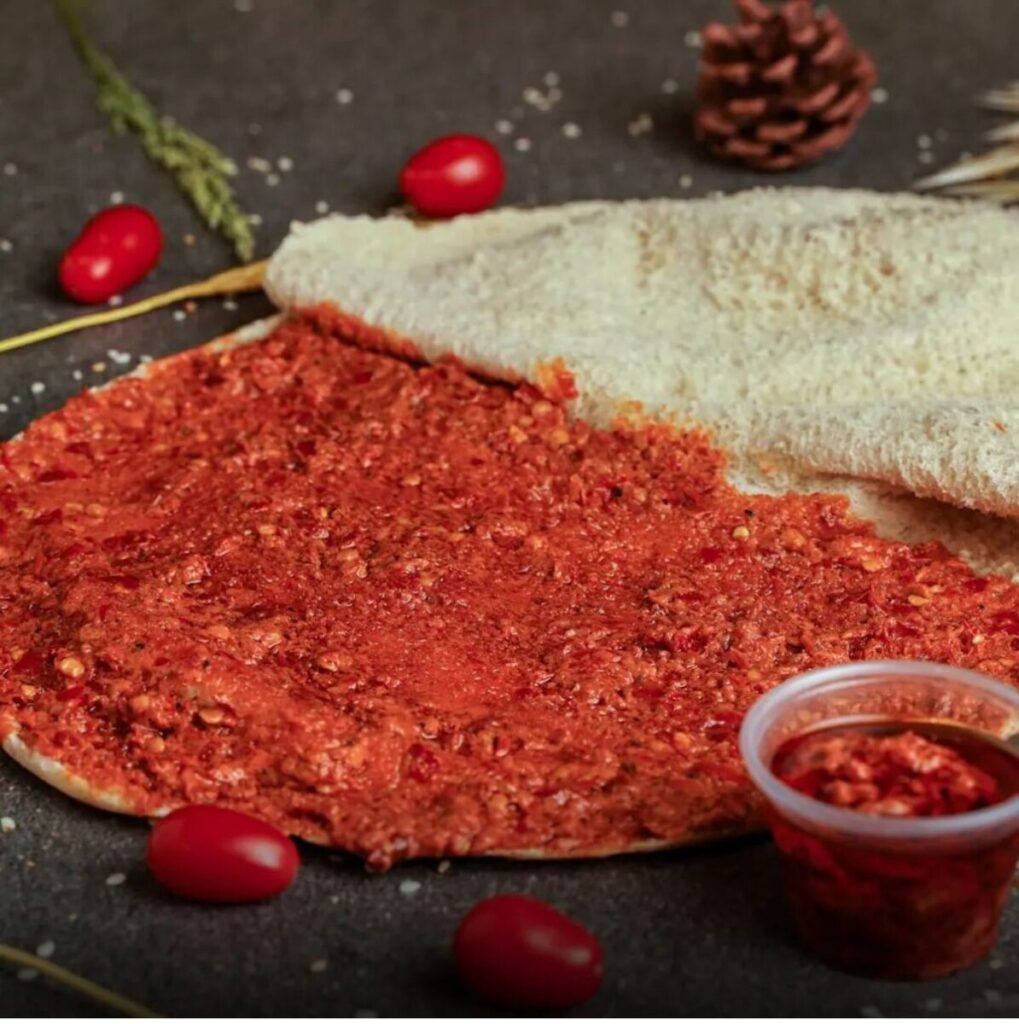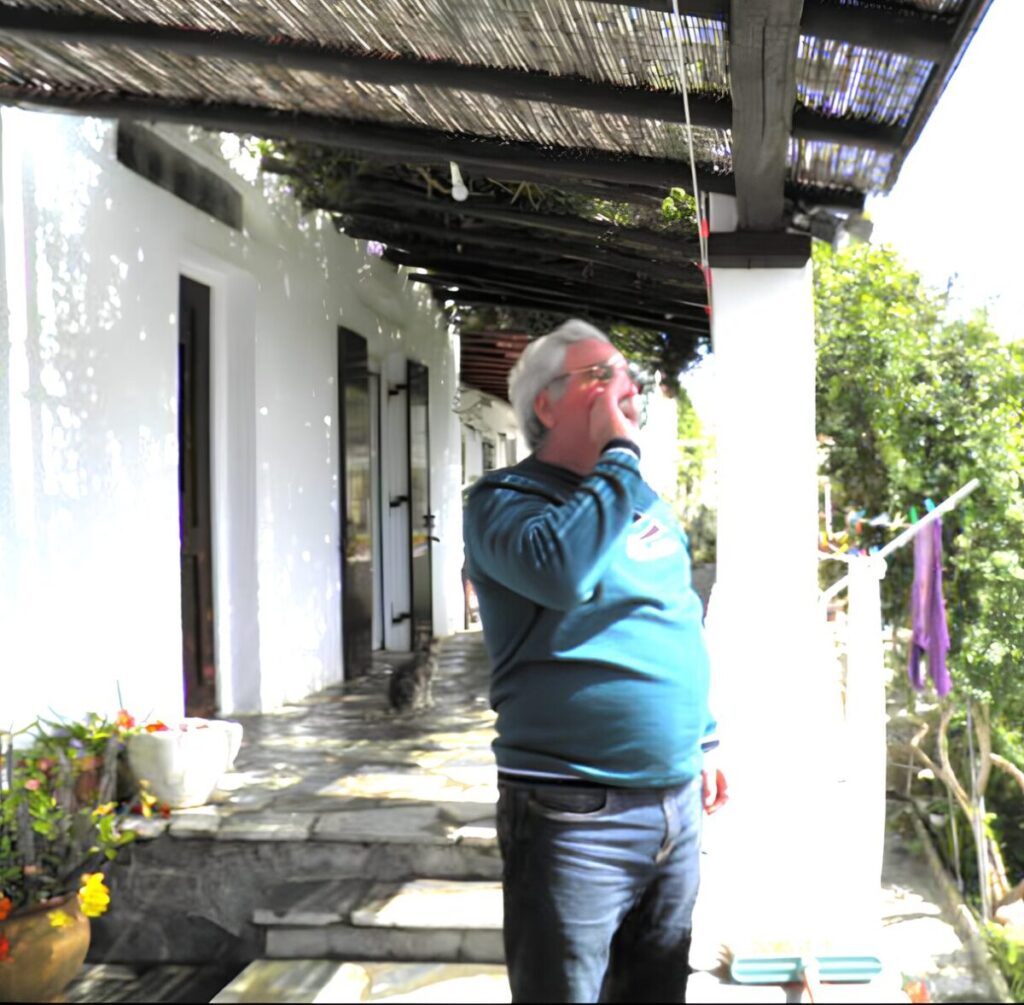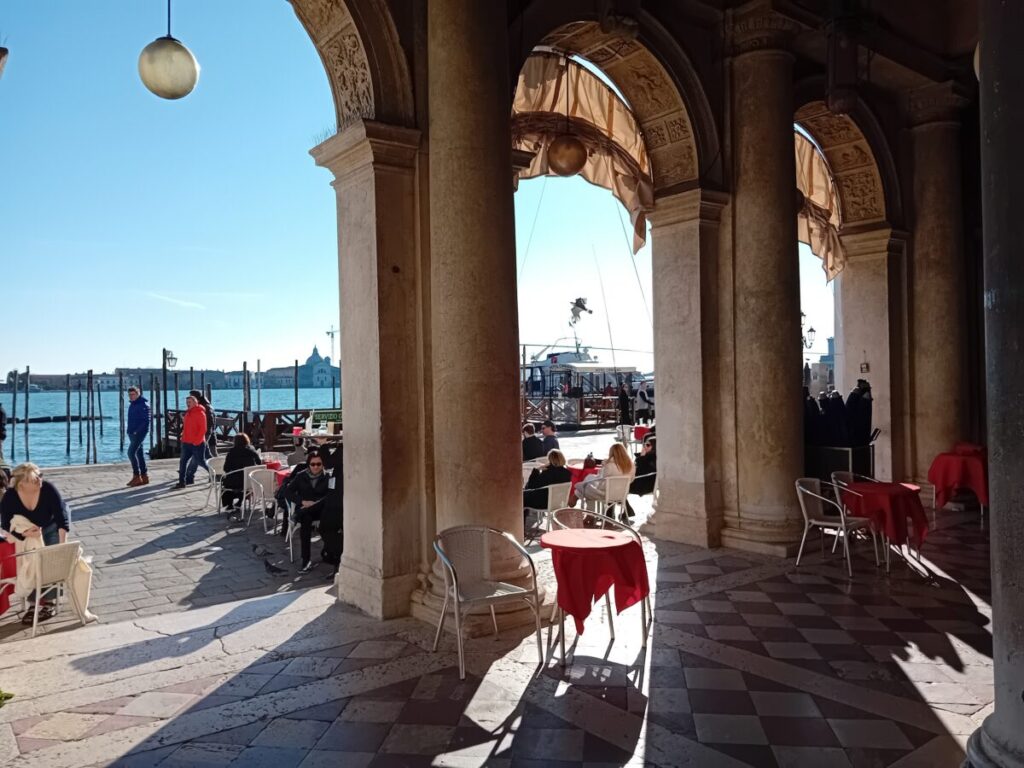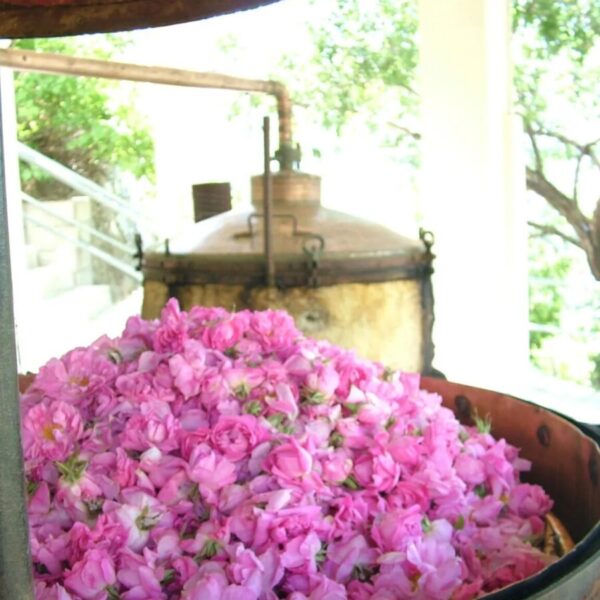The Mediterranean holds within it traditions that defy time. They emerge in the scent of roses picked at dawn, in the gentle burn of a pepper, in the breath of an unusual language, or in the ceremonial sharing of coffee. Between daily gestures and centuries-old know-how, these traditions embody a connection to the land, to language, to flavors, but also the ability to transform to endure.
This article is a summary of 4 articles on the theme of traditions published in 22-med, available in the 11 languages used on the site.
The secret of the roses of Agros, between traditions and innovation: Andri Kounnou - Cyprus
The Aleppo Pepper, a story of resilience: Edward Sfeir - Syria
The Sfiria: the language of a mountain village on the verge of extinction: Kelly Fanarioti - Greece
The art of troubled coffee: Valentina Saini - Italy
In mountain villages, in sun-baked fields, or in the lively squares of ancient cities, Mediterranean traditions manifest in daily rituals, in flavors, and in words. They belong to those who carry and transmit them, creating a shared memory made of resistance and adaptations. Hand-picked roses in the mountains, Aleppo peppers resilient to drought, the whistled language of a Greek village threatened with oblivion, or the tradition of Italian coffee shaken by overtourism: these are stories that reflect the fragility but also the vitality of these collective heritages.
Roses of Agros, a family saga
In Agros, a small mountain village in the heart of Cyprus, the scent of the rose fills the air every spring. Since 1948, the Tsolakis family has patiently harvested the Rosa damascena, transformed into floral waters, sweets, or cosmetics. Three generations have succeeded one another to elevate this know-how into a national pride. “We are deeply proud to perpetuate a tradition that our grandparents built and that our parents continued,” confides Andria Tsolakis, a chemistry graduate now in charge of the cosmetics division.
Every morning in May, before sunrise, tens of thousands of flowers are hand-picked. Their intense fragrance concentrates in the cool hours of dawn. Immediate distillation yields an essential oil and rose water sought after for their exceptional quality. From this come syrups, Turkish delights, jams, but also certified organic creams under the Venus Rose brand, the first Cypriot line to obtain the European Cosmos Organic label.
Beyond the economy, it is an identity that is expressed. “Since I was a child, I remember walking in my father's fields and picking roses early in the morning. For us, they are not just flowers; they are our life,” recounts Andria. However, drought is increasingly hitting these hills hard. The Tsolakis family hopes that the fourth generation will continue the adventure, transforming the rose of Agros into a true heritage emblem of the island.
The Aleppo Pepper, a taste of resistance
In the northwest of Syria, in the village of Salqin, another heritage is fiercely defended: the Aleppo pepper. Known for its sweet and fruity flavor, slightly spicy, it finds its way into all Levantine kitchens. In dishes like makdous or mouhammara, it is the red heart that connects families and generations. “Nothing gives the flavor and texture of Aleppo pepper,” insists Rosie, a Lebanese woman who continues to buy it even though it is becoming increasingly rare.

The war and drought have disrupted this balance. In 2021, Syria experienced its worst climatic year in seventy years and withered crops. “Before, we exported forty tons a year; today we barely sell twenty,” explains Mahmoud, a farmer. Water, now a rare and expensive commodity, forces farmers to adapt. Drip irrigation, mulching, and the use of organic fertilizers are strategies to preserve a threatened crop.
NGOs like ICARDA or the FAO support this transition, training farmers and funding processing units. Because the added value is no longer limited to the dried fruit: grinding, packaging, and pepper paste create new jobs. Nevertheless, the instability of trade routes remains a nightmare. “Our products often arrive half-rotten due to delays caused by conflicts,” laments Abdallah.
This pepper, once a symbol of prosperity, thus becomes a mirror of a society struggling to keep its tastes and traditions alive.
The Sfiria, whistling on the brink
Further west, on the Greek island of Evia, a unique language still echoes: the Sfiria, a whistled language passed down for nearly 2,500 years in the village of Antia. Today, only a handful of elderly residents remain; the younger ones have left the mountain. Panagiotis Tzanavaras is trying to revive this breath. “Until primary school, all the children understood and spoke Sfiria,” he recalls.
Each whistle corresponds to a letter of the alphabet; combined, they form entire sentences, capable of crossing ridges in an instant. Shepherds used it to alert others of a lost animal or to warn of danger. Discovered by the general public in 1967 during a plane crash, Sfiria fascinates linguists.
Panagiotis now teaches this language in schools in Athens, Larissa, or Syros. “Many children are excited to learn it,” he assures. International media have taken up his story, and in 2019 Greece inscribed Sfiria in the national register of intangible heritage. UNESCO, when approached, could one day grant it global recognition. “I will do everything to ensure this language does not disappear,” promises Panagiotis, convinced that this breath can be reborn.

Espresso, an Italian ritual shaken by inflation
Italian coffee, embedded in the collective imagination, embodies this tension between living heritage and the global market. Drinking coffee in Italy is not just about consuming a beverage: it is a social rite, a breath of daily life. In Venice, Café Florian, founded in 1720, illustrates this tradition: patriots of the Risorgimento, writers, and presidents have frequented it. The espresso is more than an aroma; it is a link to history.
But today, this ritual is faltering. The price of coffee has skyrocketed: in 2024, it cost three times more than a year earlier. “We have been serving coffee since 1820, but the increase has become unbearable,” sighs Maria, heir to Caffè Sorarù in Vicenza. While tourists still flock, locals hesitate. “When you have a large family, every euro counts,” confides Francesca, a teacher and mother of three.
The price increase is compounded by overtourism that “colonizes” the cafés in historic centers. “For us, having a coffee and a croissant while reading the newspaper is like the tea ceremony for the Japanese,” explains Gabriele, a Venetian entrepreneur. But this shared ritual is threatened to be reduced to a mere attraction. For some, the solution is to return to family moka, away from the crowd.
A shared memory
Whether it is roses picked in the dew of May, sun-dried peppers, a whistle carried by the wind, or a coffee taken at the counter, Mediterranean traditions tell a deep attachment to the gestures and tastes passed down. They are not just remnants but living forms of culture. Fragile, they endure thanks to those who still carry them. And in their persistence, they outline the possibility of a future in which the Mediterranean retains the memory of its heritages.

Cover photo: In Agros, in the heart of Cyprus, the scent of the rose fills the air every spring @venus-rose
